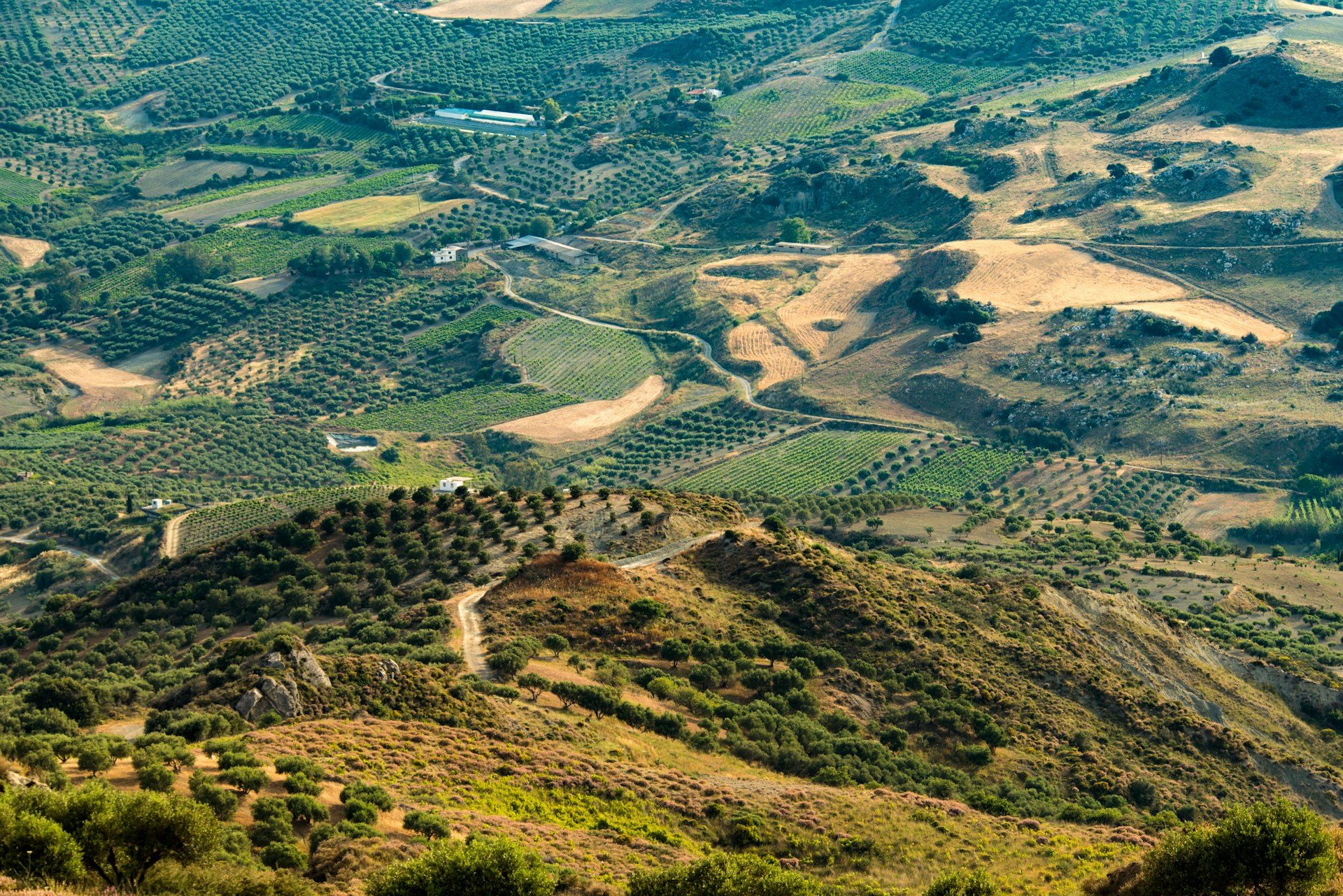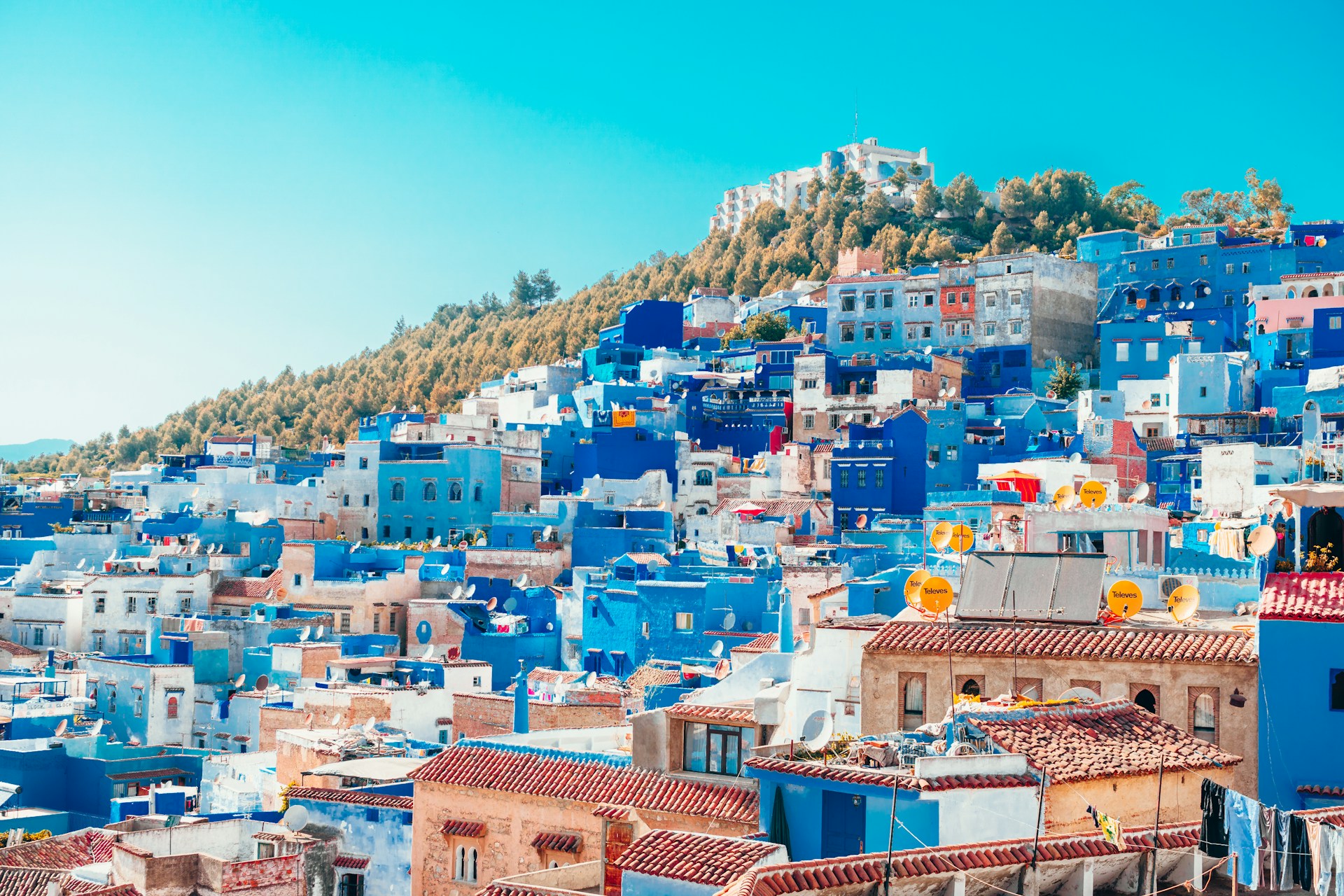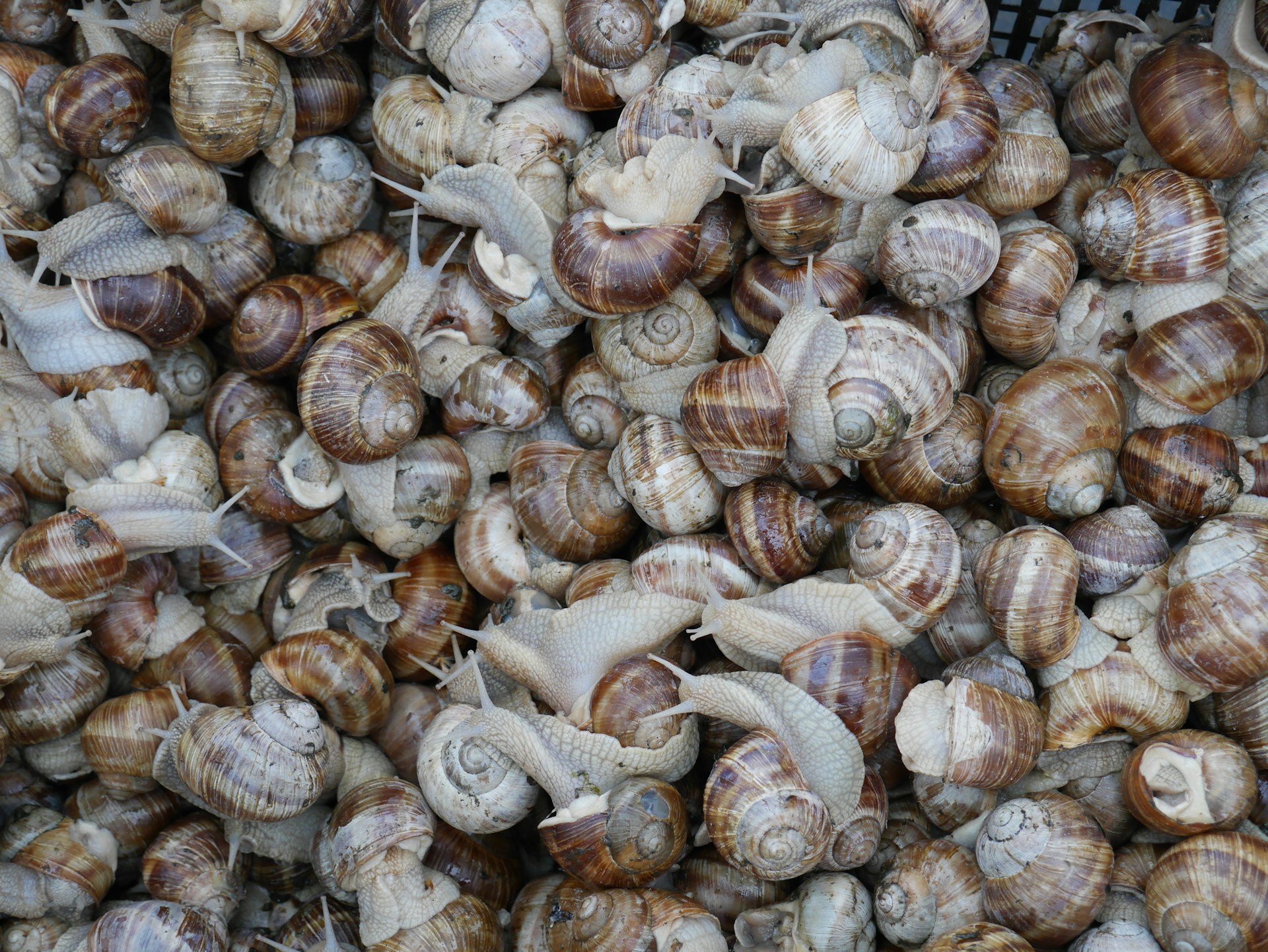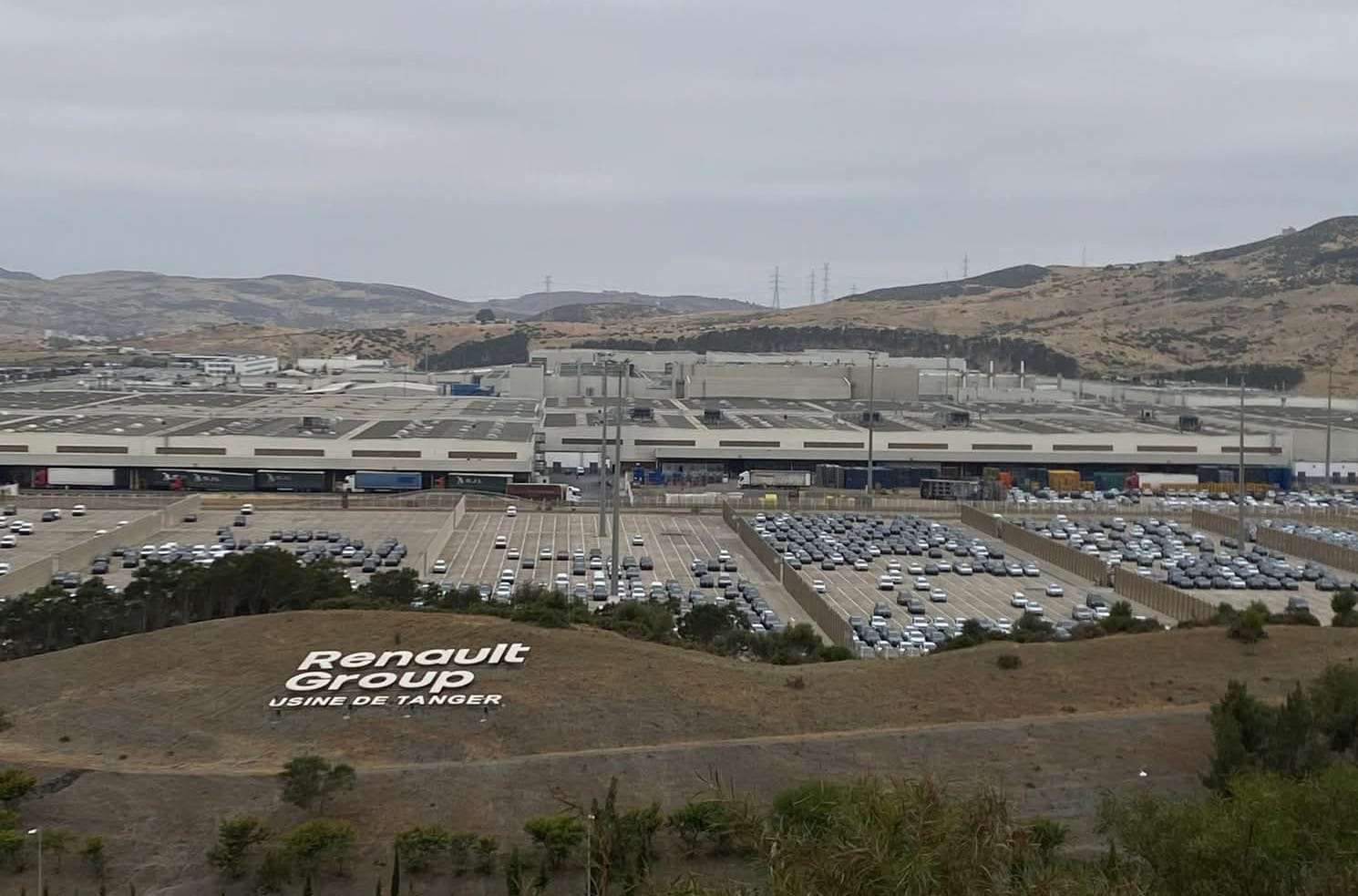Casablanca – Morocco’s agricultural sector has embarked on a transformative journey under the visionary “Green Morocco” Plan, initiated in 2008. This pioneering strategy prioritizes economic efficiency, social equity, and sustainable resource management. It represents a pivotal shift towards bolstering production and fostering investments across diverse agricultural sectors.
Over the past decade, the implementation of the “Green Morocco” Plan has yielded remarkable outcomes, as highlighted by assessments from industry professionals including regional agricultural chambers and inter-professional organizations. Between 2008 and 2018, there was a notable surge in investments, substantial growth in production capacities, and the development of robust value chains across diverse agricultural sectors. Equally significant has been the improvement in living conditions for farmers, underscoring the plan’s holistic approach to agricultural development.
At the recent National Conference of the Assembly Engineers Association in Tanger, Mohamed Sadiki, Minister of Agriculture, Maritime Fisheries, Rural Development, Water, and Forests, reaffirmed the pivotal role of the “Green Morocco” strategy in shaping the nation’s agricultural landscape. Sadiki emphasized that achieving food sovereignty remains a cornerstone of Morocco’s agricultural policies, underscoring the strategy’s success in bolstering agricultural production and fostering self-sufficiency in essential food crops.
The minister highlighted the strategic importance of the ten-year plans within Morocco’s agricultural policy framework, serving as instrumental tools in enhancing agricultural infrastructure, refining production techniques, and optimizing natural resource utilization. He underscored the indispensable contribution of Moroccan engineers in executing these plans effectively, stressing the imperative of investing in their skills and capabilities to sustain agricultural growth.
Addressing challenges such as climate change and water scarcity, Sadiki outlined the imperative for adopting modern technologies and innovative strategies to ensure the sector’s resilience and uphold food sovereignty objectives. He underscored the collaborative efforts needed between government entities, the private sector, and civil society to navigate these challenges and capitalize on emerging opportunities.
The conference concluded with a set of recommendations aimed at further empowering engineers to drive sustainable development initiatives. Participants reiterated their commitment to advancing agricultural infrastructure and policies that align with Morocco’s evolving social and economic landscape.
In essence, Morocco’s agricultural achievements under the “Green Morocco” Plan underscore a commitment to sustainable development, economic prosperity, and equitable growth. With ongoing strategic initiatives and steadfast partnerships, Morocco continues to chart a path towards enhanced agricultural resilience and food security for its citizens.
















